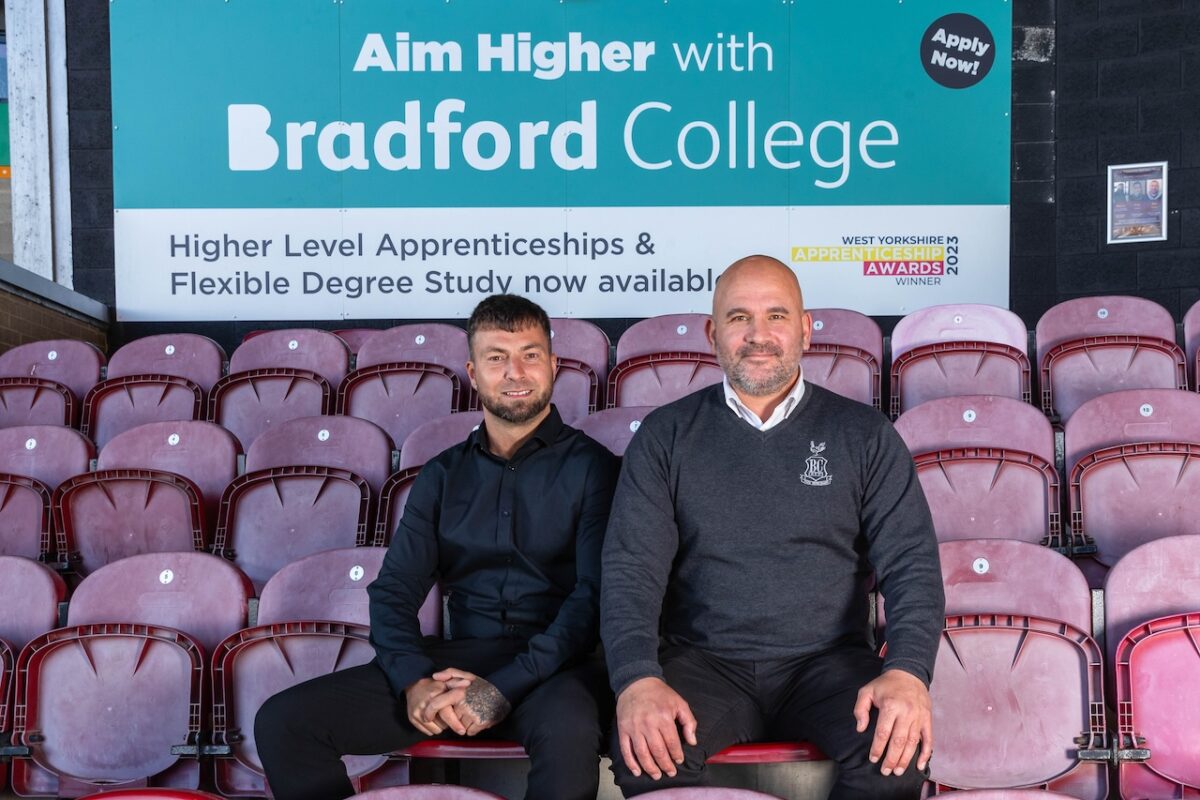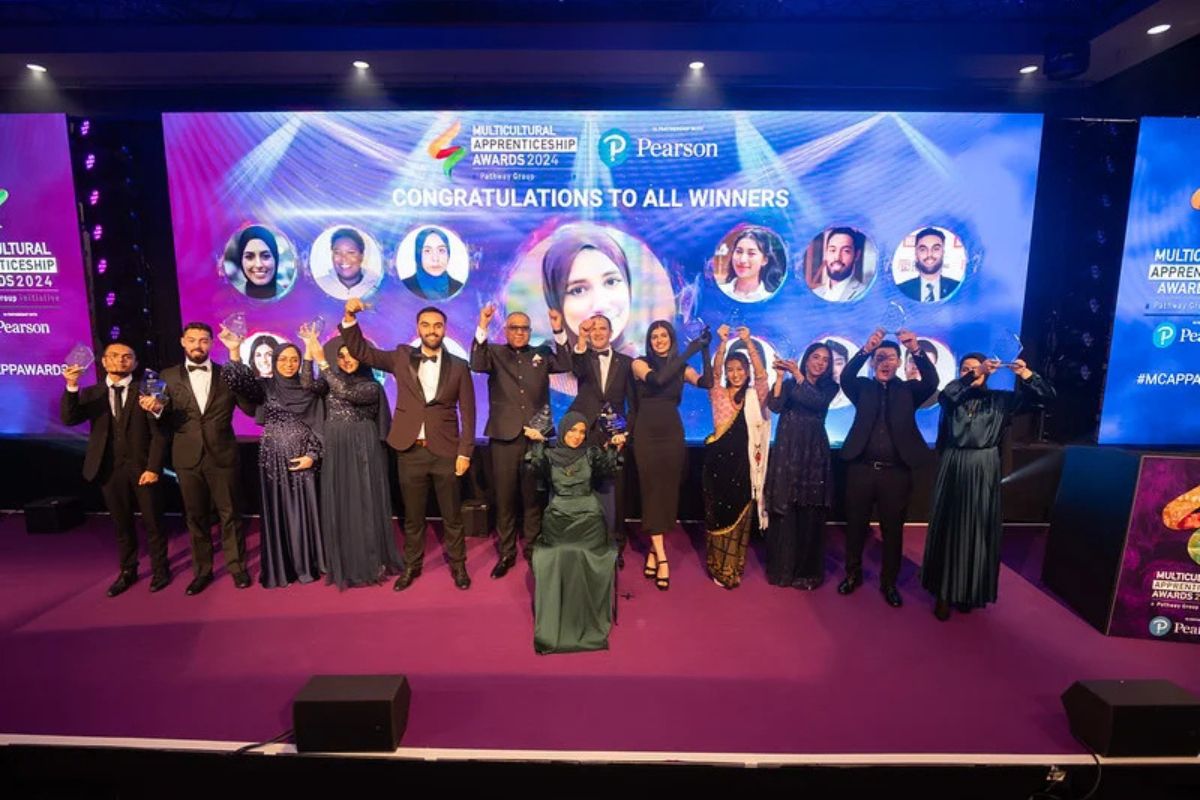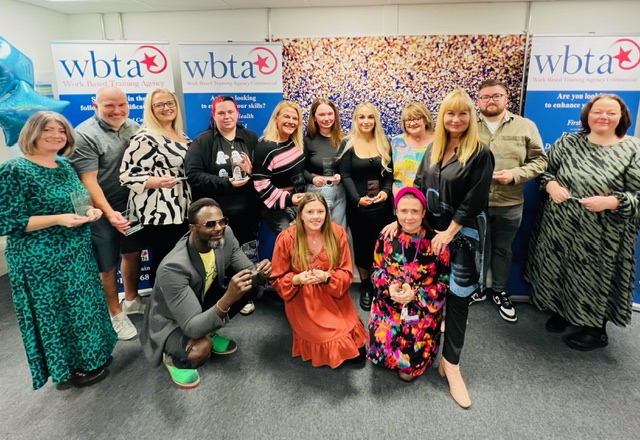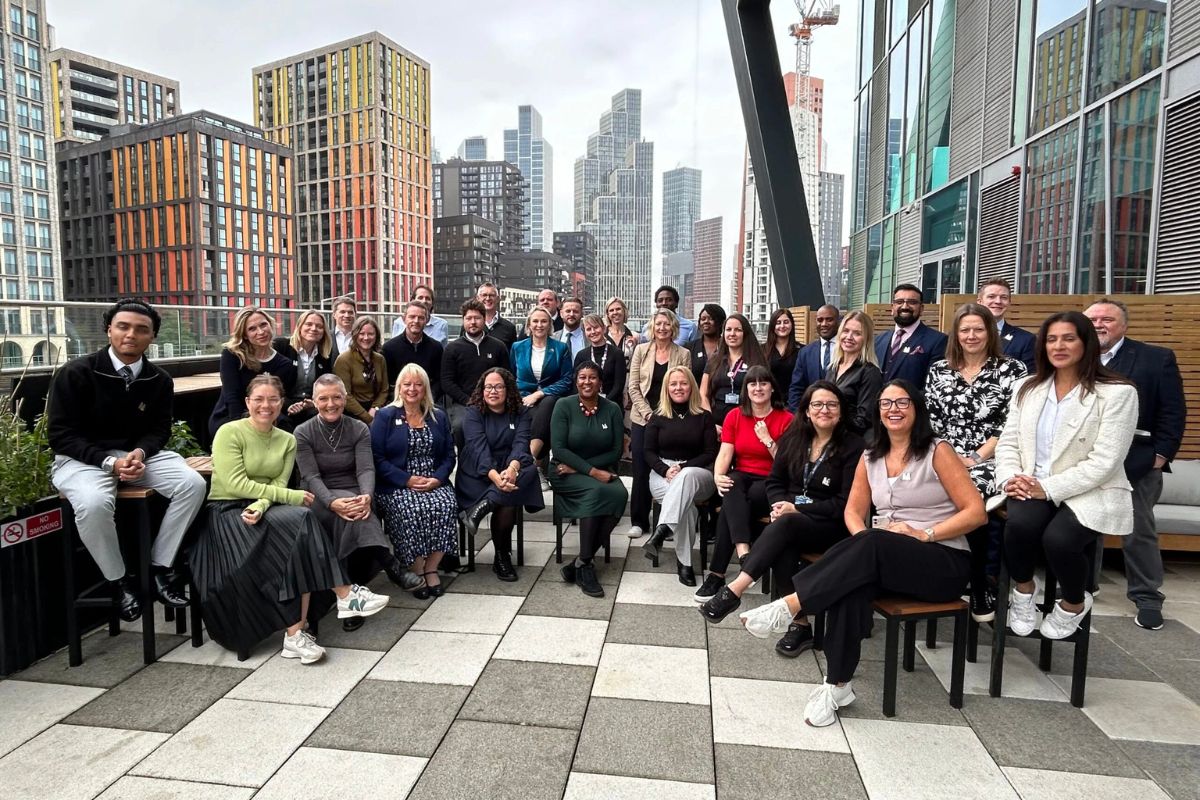Gale and ASECS Award Fellowships to Five Scholars to Support Emerging Research of Eighteenth-Century Studies

Gale, part of Cengage Group, in partnership with the American Society for Eighteenth-Century Studies (ASECS), has awarded fellowships to five researchers, known as the Gale-ASECS Non-Residential Fellowships. Funded by Gale, each fellow receives $2,500 and access to Gale’s Eighteenth Century Collections Online (ECCO), as well as access to the Gale Digital Scholar Lab (The Lab). Using The Lab, the program provides fellows with invaluable text and data mining tools to explore ECCO and advance their work using digital humanities methods. The fellowships aim to help scholars expand the field of eighteenth-century studies for research or teaching.
Gale and ASECS congratulate the following candidates who were awarded the fellowships for the 2022 academic year and highlight the projects they are pursuing:

Heather Heckman-McKenna, Doctoral Candidate, English, University of Missouri
Project: The dissertation, Eighteenth-Century Sensibility and the Subversive Female Body, argues that bodily actions of sensibility (feminized actions such as sighing, trembling and fainting) were used by some women writers of the eighteenth-century to create a disruptive effect. This is the first sensibility study based on the subversive body and offers a new framework to study literary responses to systemic oppression.

Dr. Adam Kozaczka, Assistant Professor of English, Texas A&M International University
Project: Dr. Kozaczka’s project will examine a subset of trials and legal issues involving dueling, a practice relatively common during the eighteenth-century that would become extinct in Britain relatively early in the nineteenth century. There is a lack of consensus among scholars who examine the history of dueling in Britain because many of these disagreements are fact-based. Through a digital humanities intervention, Dr. Kozaczka seeks to resolve them through weight of data.

Jared Richman, Associate Professor of English, Colorado College
Project: The project, Voicing Disability in Eighteenth-Century Print Culture, seeks to understand how the eighteenth-century represented and politicized speech and communication disorders. This project will build on the work of disability scholars in the field.

Daniel Watkins, Assistant Professor of History, Baylor University
Project: Tracking the Lettres édifiantes et curieuses in Eighteenth-Century Britain will trace the transmission of a particularly influential set of published missionary letters. The project will provide a better understanding of how missionary accounts influenced European descriptions of societies and cultures in Africa, Asia, the Americas and beyond.

Sara Weston, Doctoral Candidate, English, Yale University
Project: The Shape of Numbers, 1701-1800, examines eighteenth-century poetry and art through the lens of mathematics. The dissertation also wishes to offer, to a robust, existing historiography, a new way to speak about the movement from the Enlightenment to Romanticism, and the change of sensibilities that took place across the end of the eighteenth century.
“The Gale-ASECS fellowships offer an innovative program of support for scholars committed to broadening and deepening the role of digital humanities scholarship in the long eighteenth-century,” said Dr. Benita Blessing, Ph.D at ASECS. “Access to Gale Digital Scholar Lab will allow these fellows the opportunity to explore the use of digital humanities methodologies in new ways both in their research and their classrooms. We are excited to see the research outcomes and pedagogical applications that emerge from these projects that will influence and inspire not only the field of eighteenth-century studies, but scholars who engage with digital humanities projects more broadly.”
ECCO gives the fellows instant access to over 30 million pages of digitized primary sources to help them enhance their research projects and uncover new research pathways. By exploring the series with text and data mining tools in The Lab, the fellows can open their research to modern digital humanities methods.
“We’re pleased to support members of the ASECS with these fellowships,” said Seth Cayley, vice president of global academic product at Gale. “Over nearly two decades, ECCO has become an essential and much-loved resource for eighteenth-century scholars across the world. I’m delighted we can offer the fellows this vast collection of eighteenth-century materials with The Lab, allowing them to use its analysis tools to conduct a distant reading of texts, explore topics and patterns across the eighteenth-century, and make fresh new discoveries to enrich their research projects.”
Scholars must complete the fellowships and submit a fellowship report no later than January 31, 2023. Each fellowship will support the equivalent of one month’s full-time work (160 hours). Awardees may dedicate four consecutive weeks of their total working hours to the fellowship project, or they may spread their work out over a more extended period.
Gale has been at the forefront of supporting digital scholarship for several years. Gale Digital Scholar Lab was created to address common challenges researchers and scholars face when analyzing large sets of archives. In offering fellowships, to scholars in multiple-disciplines, Gale is increasing access to text and data mining tools and furthering opportunities in both research and teaching. In June and early August, Gale also announced fellowships to 1). support emerging LGBTQ+ research and 2). advanced digital humanities research in the Asia-Pacific Region.











Responses